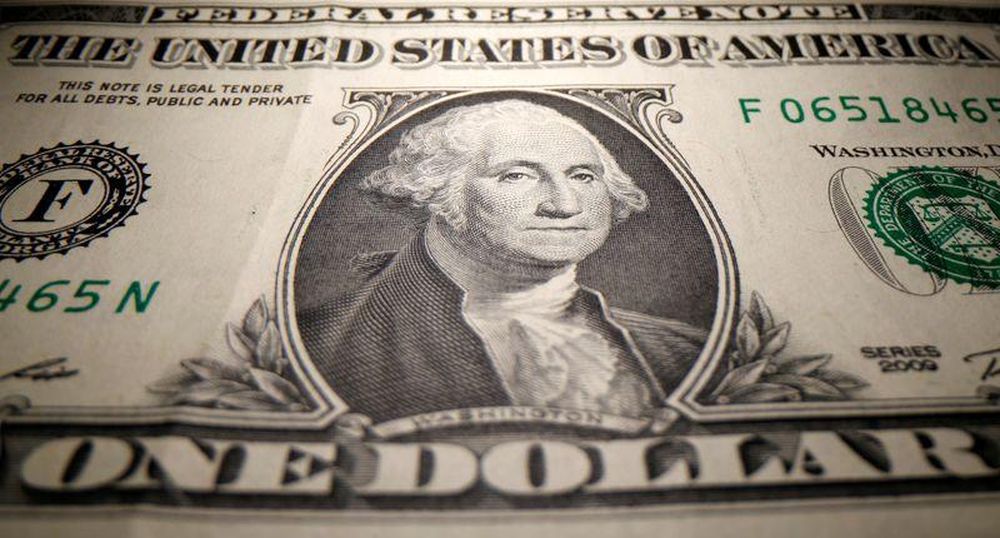NEW YORK, May 26 — World equity markets made gains while the US dollar hit new lows against major currencies yesterday after Federal Reserve officials reaffirmed a dovish monetary policy stance that eased inflation concerns.
Investors weighed the Fed’s soothing words that put to rest tapering worries for the time being and helped to drive the dollar to four-and-a-half-month lows. The benchmark 10-year Treasury note also hit two-week lows and was at 1.56 per cent in afternoon trading, down from 1.608 per cent late on Monday.
The yield curve flattened for a fourth straight session, as participants bought the long end of the curve on the view that price pressures would be stable for the rest of the year.
“People are starting to come around to the notion that the Fed is right to be careful about inflation because of the difficulties of Covid around the world,” said Jamie Cox, Managing Partner at Harris Financial Group in New York.
MSCI’s broadest index of world stocks was up 0.15 per cent at 707.26. The STOXX index of leading European shares gained 0.03 per cent to 445.20 after hitting a record high of 447.15.
On Monday, Fed Board Governor Lael Brainard assuaged inflation concerns, saying she expects that price spikes associated with supply bottlenecks and the reopening of the economy to “subside over time.”
James Bullard, president of the St. Louis Federal Reserve, also said on Monday that while still in the pandemic, it was not the time to talk more about changing the parametres of monetary policy.
Those messages were consistent with what Fed Chairman Jerome Powell has said repeatedly over recent weeks. On Wall Street, all three benchmark indexes closed lower yesterday as concerns over the speed and trajectory of the rise in prices persisted among traders.
The Dow Jones Industrial Average fell 0.24 per cent, to 34,312.46, the S&P 500 lost 0.21 per cent, to 4,188.13 and the Nasdaq Composite dropped 0.03 per cent, to 13,657.17.
Some of the most active sectors on Wall Street include technology, industrials, customer discretionary, communication services and real estate.
“The reason why we are having some inflationary pressures is because Asia is having difficulties and that will work itself out and I think price increases like that are not long lasting,” Cox said.
Overnight in Asia, the region’s main regional equity gauges climbed, with MSCI’s broadest index of Asia-Pacific shares outside Japan up 1.5 per cent at a two-week high.
Oil prices edged a shade higher yesterday as rising demand from the approach of the Northern Hemisphere’s summer driving season and lifting of coronavirus restrictions offset worries that Iran’s possible return to the market will cause a supply glut.
Brent futures rose 19 cents, or 0.3 per cent, to settle at US$68.65 (RM284.38) a barrel, while US West Texas Intermediate (WTI) crude rose 2 cents to settle at US$66.07.
Gold prices scaled a more than four-month peak, as the dollar and US Treasury yields slumped after data showed consumer confidence dropped slightly in the United States.
The dollar index, which measures the currency against major rivals, was down 0.2 per cent in the afternoon session, after having fallen as much as 0.3 per cent to 89.533, its lowest since January 7. Spot gold rose 0.97 per cent to US$1,899.2640 per ounce, having earlier hit its highest since January 8 at US$1,895.56.
US gold futures gained 0.82 per cent to US$1,899.9. — Reuters






















